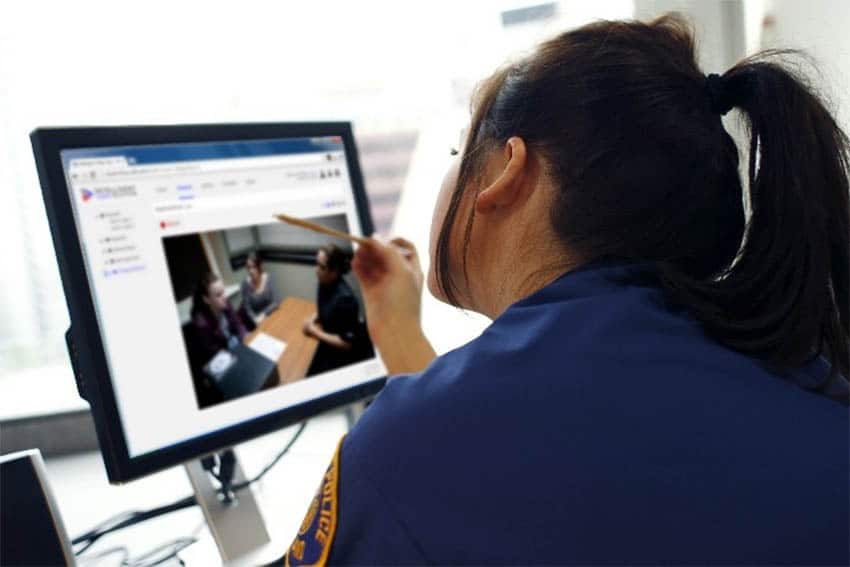Last week, we blogged about Senate Bill 112’s changes to the Kansas domestic battery statute. But Senate Bill 112, published in the Kansas Register on May 18, 2017, implemented another major change to Kansas law. It requires that all Kansas law enforcement agencies adopt detailed, written policies for electronic recordings of custodial interrogations conducted at “a place of detention” and implement the policies by July 1, 2018.
“Custodial interrogation” is defined as “questioning of a person to whom warnings given pursuant to Miranda v. Arizona, 384 U.S. 436 (1966), are required to be given.” (Plenty of case law demonstrates that determining whether Miranda warnings are required in a given situation can be a fact-intensive and potentially complex exercise. But, generally, Miranda warnings are required for someone whose freedom has been restricted to the extent comparable to a formal arrest and who is asked questions that are reasonably likely to elicit an incriminating response.) “Place of detention” is defined as “a fixed location under the control of a Kansas law enforcement agency where individuals are questioned about alleged crimes.”
By statute, the policies must mandate that “an electronic recording shall be made of an entire custodial interrogation at a place of detention when the interrogation concerns a homicide or a felony sex offense.” But the statute allows flexibility with regard to the investigation of other crimes. Although the law states a preference for audiovisual recording, it permits audio recording.
Recording of interrogations is recommended by experts who study false confessions and what causes them because recordings are an important part of ensuring that coercive interrogation techniques (like the ones we blogged about in April) can be spotted. Evidence of such techniques leaves statements obtained as a result subject to admissibility challenges from the defense. Recordings can also help law enforcement defend against accusations of misconduct. And, depending on circumstances, a lack of a recording of a statement or the questions that elicited it can cause a number of evidentiary issues at trial. That is why statutory requirements for recording of custodial interrogations have received support from defense attorneys, prosecutors, and law enforcement.
While the implementation of statutes and policies encouraging electronic recordings of interrogations is positive, the level of protection criminal defendants are afforded by these measures should not be overestimated. The specific statutory language in Kansas only provides for electronic recordings in specific situations. And, if a suspect in a criminal investigation made a statement to law enforcement before obtaining counsel, he or she often will be fighting an uphill battle in defending charges—regardless of whether the statement was recorded.
If you or your loved one is facing a criminal charge or investigation, contact the criminal defense attorneys at Joseph, Hollander & Craft. We offer pre-charge counsel that includes advice about whether and when it may be appropriate to speak with law enforcement, and we have extensive experience challenging the admissibility of statements obtained without proper safeguards. With attorneys in Wichita (316-262-939), Topeka (785-234-3272), Lawrence (785-856-0143), and Overland Park (913-948-9490), we serve clients from the Oklahoma border to the Kansas City area.













